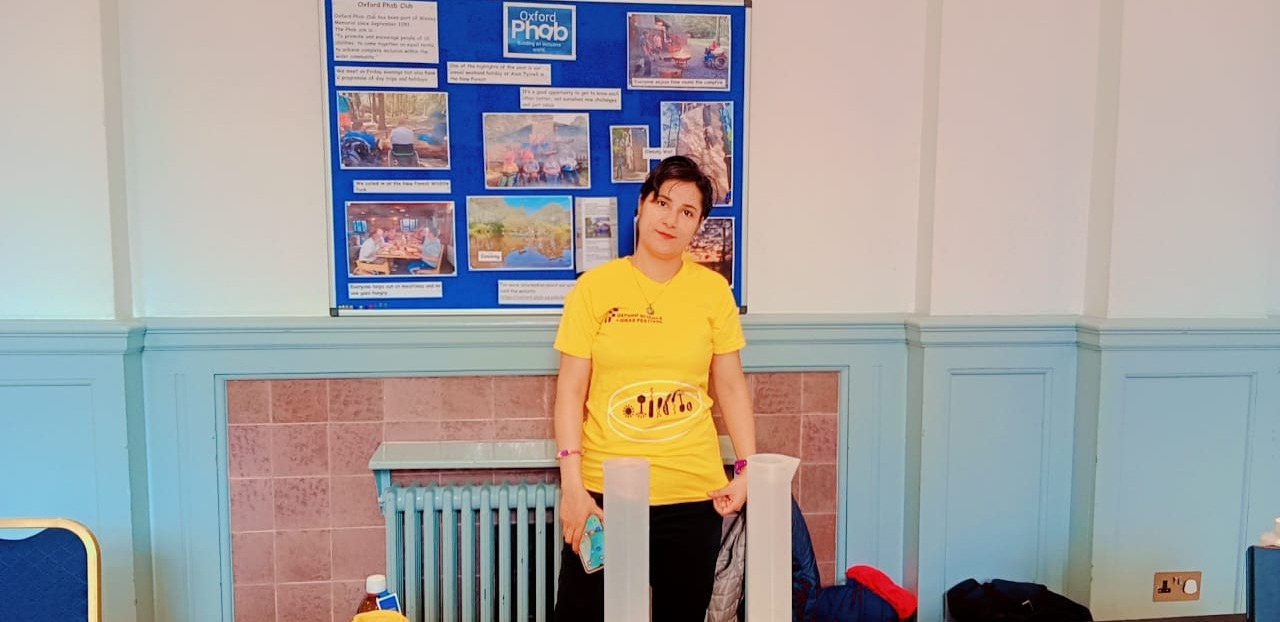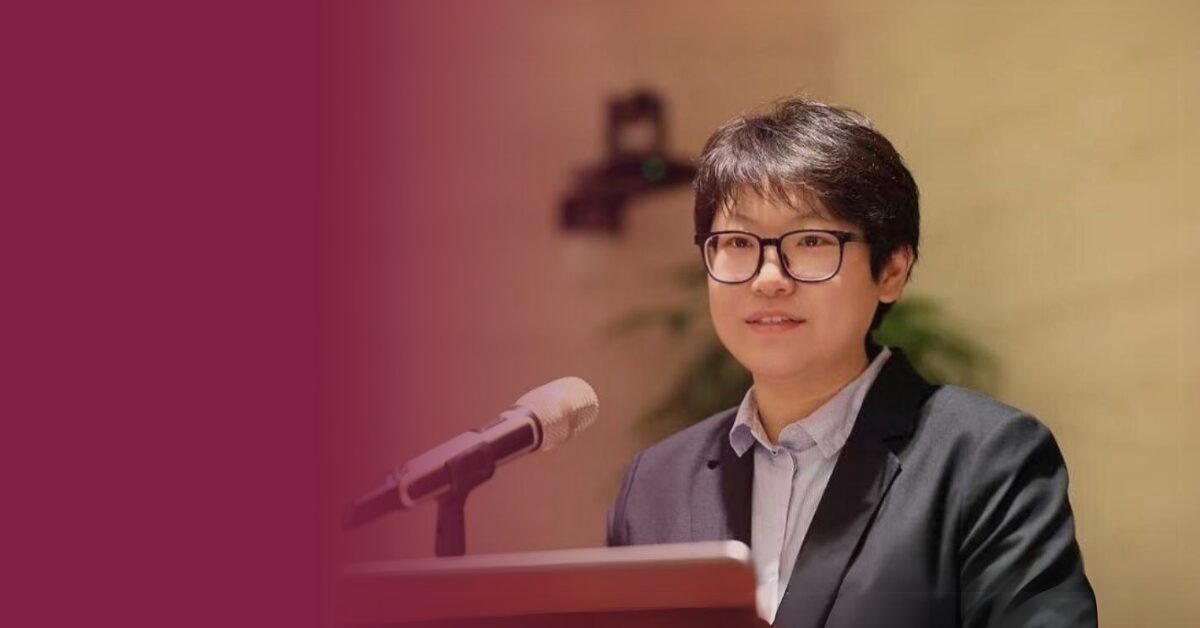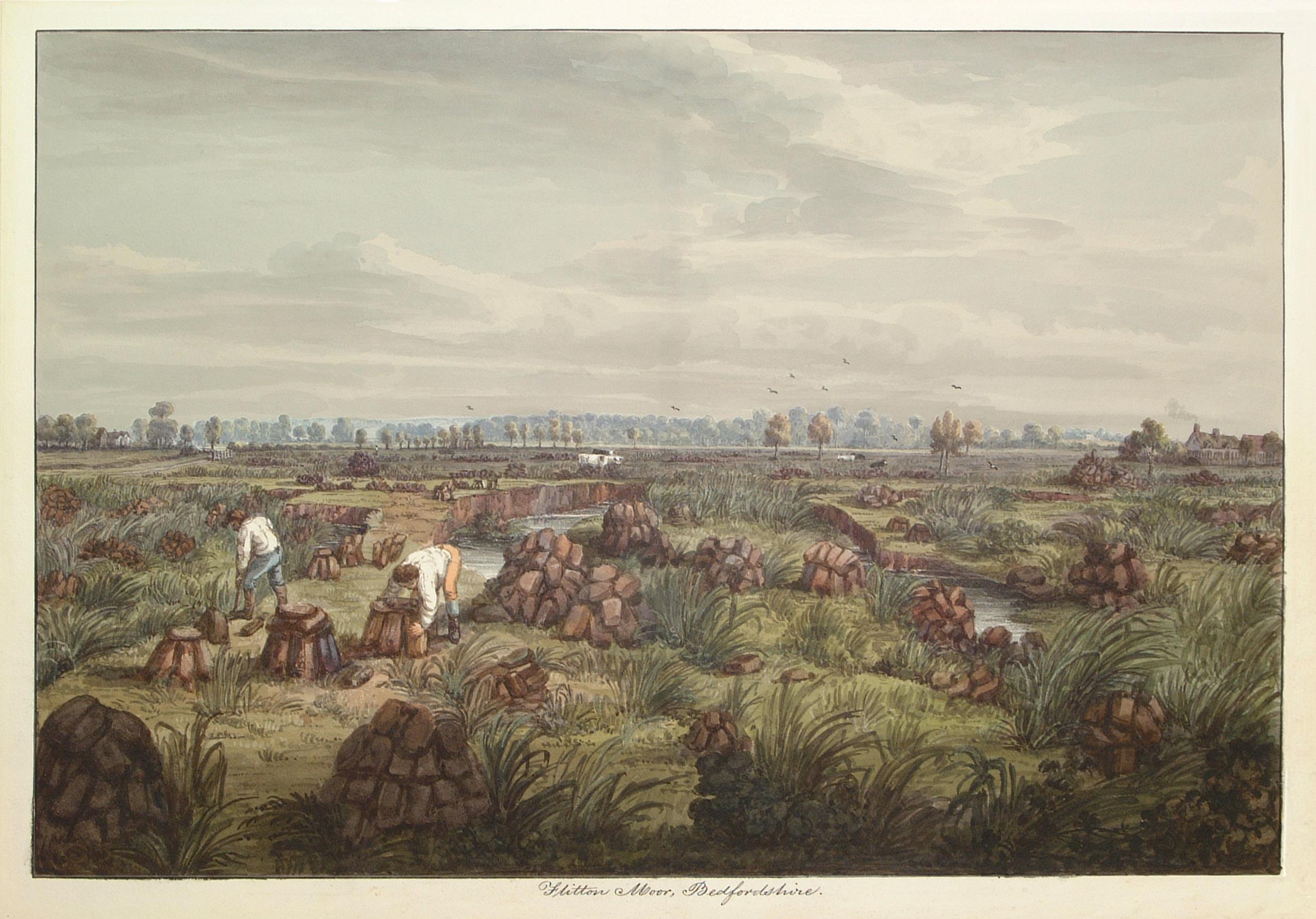Manufacturing and Materials Week 2020: The Green Recovery
11/09/2020

With the annual National Manufacturing Debate postponed due to the lockdown, Cranfield University is excited to announce that it will be holding a week-long Manufacturing and Materials event later this year.
The virtual event, kicking off on Monday 30 November, promises to be bigger and more wide-reaching than ever before, bringing together industry professionals from all over the world to celebrate manufacturing and look ahead at the industry’s role in a post-Covid world.
Launching the event and planning the packed programme for the week, Professor Mark Jolly, Director of Manufacturing at Cranfield, shares some of the highlights planned – and its clear to see why a one day event simply wasn’t enough this year!
‘The Green Recovery’
Mark explains: “The original concept of this year’s National Manufacturing Debate was the decarbonisation of the manufacturing industry – this remains an important theme as we look at how manufacturing can achieve net zero.”
“Society needs to accept manufacturing as part of our lives and see how it can support our future. Our digital devices, tables and chairs, right down to our pots and pans – all manufacturing! But they use resources, materials and energy, and so as a population, we must be responsible custodians of our planet for the sake of future generations.”
Manufacturing and Materials Week will be a mix of live debates, lectures, workshops and pre-recorded videos, looking at the challenges the industry faces right now (and there are many!), as well as how we must adapt and innovate to support future global challenges. The week will also include the yearly manufacturing alumni awards with a lecture from the ‘Distinguished Alumni’ award winner.
Cranfield is already leading the way through its applied research – with Mark and his team currently working with Government funding to investigate how materials flows in transport systems can be made greener. We are also looking at manufacturing across the fundamental materials sectors including cement, ceramics, chemicals, glass, metals and paper in order to achieve the governments targets of Net Zero 2050.
Here are just a selection of the highlights attendees can expect from the digital event series:
Ventilator Challenge UK: 10 years’ worth of new ventilators in just 10 weeks
High Value Manufacturing Catapult Chief Executive, Dick Elsy CBE, will explain how a consortium of some of the biggest names in UK manufacturing came together to achieve a scale-up that many thought impossible – to produce 10 years’ worth of new ventilators in just 10 weeks to support the UK during the global pandemic.
The future: Industry 4.0
Cranfield alumnius and CEO of Nigeria’s leading data centre, Dr Ayotunde Coker (MSc in Engineering and Management of Manufacturing Systems 1989), on Industry 4.0 and the ongoing automation of traditional manufacturing and industrial practices, using modern smart technology. Recently identified in the Power 200: The World’s Most Influential Data Economy Leaders by the UK’s Data Economy Magazine, Dr Coker will share how the adoption of digital services and the explosion in mobile consumption is driving investors into Africa.
Manufacturing 2075
Only by talking to the younger generation can we really get to grips with the manufacturing challenges of the future. In a series of keynote lectures, workshops and pre-recorded videos, we’ll find out what is important to children and young adults – and how the industry can adapt to support their future.
Tackling global issues
Mark is excited about what the event has now become and how it will help us to understand the pivotal role of manufacturing in everyday life.
“Through our research and teaching, Cranfield is working to solve problems of the future. Can the UK seize the net zero opportunity? What are the opportunities for the manufacturing sector to support the social and economic needs of people in the wake of a global pandemic? While the National Manufacturing Debate originally started off celebrating successful Cranfield alumni who are supporting global issues through their work in the manufacturing industry, we are taking it to the next level.”
“In a post-Covid world, manufacturing has the potential to address important psychological and social challenges. In a world where touchscreen technology has become the norm – from the screen in our doctors surgery to ticket machines in train stations – we now find ourselves unable to touch anything for fear of contracting the virus. There are technological challenges of transmitting the virus via materials – who now wants to touch the metal bars we used to grip on public transport? Can engineers develop virus repelling materials to help society? During the week, potential solutions – that will undoubtedly have global impact – will be shared by some of the best and the brightest in the manufacturing industry.”
This is a must-attend event for anyone – students, professionals, innovators – with an interest in the future of the manufacturing industry.
Find out more: https://www.cranfield.ac.uk/manufacturingweek
Categories & Tags:
Leave a comment on this post:
You might also like…
My Apprenticeship Journey – Broadening Horizons
Laura, Senior Systems Engineer at a leading aircraft manufacturing company, joined Cranfield on the Systems Engineering Master’s Apprenticeship after initially considering taking a year off from her role to complete an MSc. Apprenticeship over MSc? ...
The Library app is back!
The Library app is back! It's exactly the same as before (although it will get a fresh look in a few months) and if you hadn't removed it from an existing device it should just ...
PhD researcher at the IF Oxford Science and Ideas Festival
IF Oxford is a science and ideas Festival packed with inspiring, entertaining and immersive events for people all ages. PhD researcher, Zahra attended the festival. Here she shares what motivated her to get involved. ...
What leadership skills are required to meet the demands of digitalisation?
Digital ecosystems are shifting the dynamics of the world as we know it. With digitalisation being a norm in the software industry, there is currently a rapid rise in its translation ...
My PhD experience within the Centre for Air Transport at Cranfield University
Mengyuan began her PhD in the Centre for Air Transport in October 2022. She recently shared what she is working on and how she has found studying at Cranfield University so ...
In the tyre tracks of the Edwardian geologists
In April 1905 a group of amateur geologists loaded their cumbersome bicycles on to a north-bound train at a London rail station and set off for Bedfordshire on a field excursion. In March 2024 a ...







Wow!! the thought of developing virus repelling materials to help society that’s now afraid of touching anything to avoid contracting the virus, sounds great.